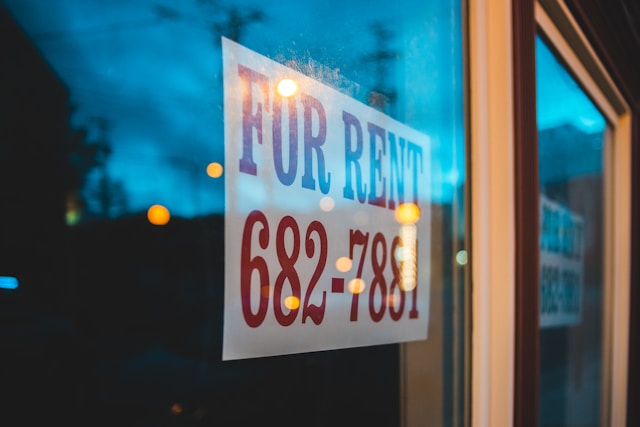
Whether you’re looking to move into a new apartment building or want to rent a home, familiarizing yourself with your responsibilities and rights as a tenant is critical. As such, one thing you may wonder about is whether or not you are able to sublet your new apartment. The following blog explores what you should know about these matters and why it’s in your best interest to connect with a Montgomery County, PA tenant lease transaction attorney if you have questions or concerns regarding these matters.
What is subletting?
Subletting is a way to add an additional person to your existing lease. For example, if you are renting an apartment but get the opportunity to travel abroad for more than half the year, you may be hesitant to accept the travel opportunity as you’ll still be responsible for paying rent. However, you may be able to find someone to lease your property from you. This means you are still ultimately responsible for making payments to the original landlord, and the person residing in the property makes payments to you.
However, you may also sublet a room in your apartment. If you have the space and decide to look for a roommate, you may be able to rent out the other room while keeping yourself as the sole entity on the lease agreement. The structure would be the same – the sublettor would make their portion of rent payments to you, and as the original lessor, you would make payments to the landlord.
What should I do if I want to sublet my property?
If you want to sublet your property, the first thing you should do is review your lease agreement. In general, Pennsylvania does allow subletting unless it is explicitly prohibited in your agreement. In most instances, you’ll find that this is allowed if you obtain permission from the landlord.
As such, if you wish to proceed, you’ll need to mail a letter including all of the information, such as the length of the sublet, the information of the applicant, and a copy of the sublease. Upon receiving the letter, your landlord can approve or deny your request. If they deny, they must have legal grounds to do so.
If you wish to sublet but it is not included in the terms of your lease, you may be able to negotiate a new lease with your landlord that allows you the opportunity to do so. Similarly, if you are signing a lease, you may be able to negotiate to include this as a term of the agreement before you sign.
Subletting is a complex matter, which is why it’s in your best interest to enlist the assistance of an experienced attorney if you’re looking to include this as a term or condition of your lease. At Friedman Schuman Layser , our dedicated team can help yo through these matters to receive the best possible outcome for your circumstances. Our firm understands these matters can be consuming, which is why we are dedicated to helping you. Connect with us today to learn more.